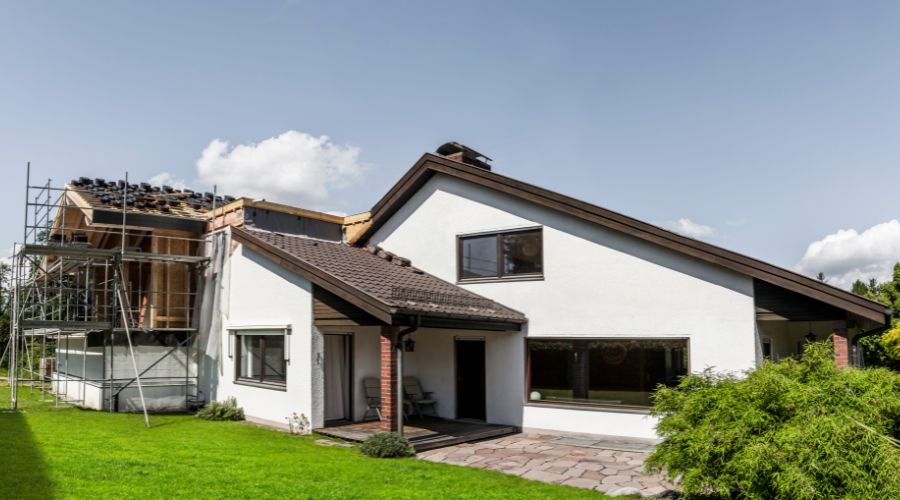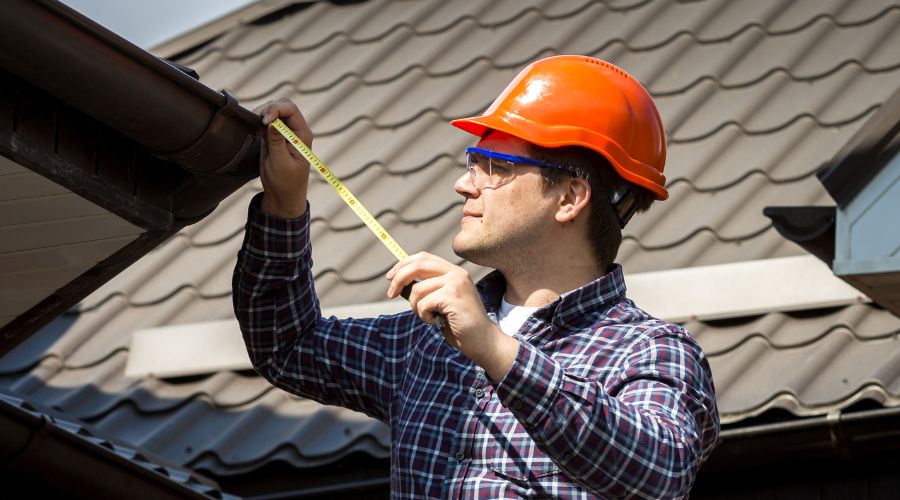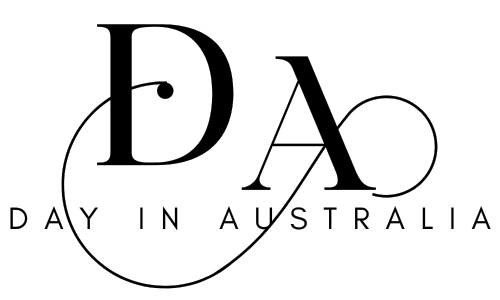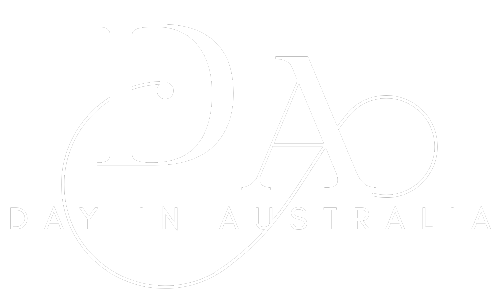As your family grows and changes, you might notice that your home isn’t quite fitting your needs anymore. The place that holds so many of your cherished memories may suddenly feel a bit cramped. Now, you are faced with a big decision: Should you go on a house-hunting adventure to find a larger place, or should you give your current home a fresh makeover by adding more space to it? In Australia, many homeowners deal with this same choice, all while imagining the exciting possibilities of expanding their existing homes to match their evolving lifestyles. If you are among those considering a house extension and are curious about the financial side of it, you are in the right spot.
In this comprehensive guide, we will dive into all things related to house extensions. We will not only explore the costs involved but also go through what determines the cost of house extensions in Melbourne. Additionally, we will shed light on the extra expenses you might encounter and highlight the numerous perks that come with expanding your home. So, if you have been considering the price of transforming your property into a more adaptable and spacious haven, let’s embark on this journey into the world of house extensions, where we will discover how to make your home truly yours.
1. Cost Of House Extensions In Melbourne

Melbourne is a bustling city on Australia’s southern coast, with the second-largest population in the country and offers a fantastic location for house extensions. However, the cost of these extensions can vary depending on your specific needs and budget. On average, a typical home extension in Melbourne falls within the range of $200,000 to $400,000. An interesting fact is that adding a second floor to your home is often a bit more budget-friendly than extending on the ground floor. This is because second-story extensions usually don’t require the same extensive foundation work and related expenses that ground-floor extensions do. So, when considering a house extension in Melbourne, keep in mind the location, size, and type of extension to make sure it fits your financial plan and vision.
2. Cost of House Extension Contractors

When it comes to home extensions, many builders team up with electricians, plumbers, and carpenters to get the job done efficiently and create a functional living space. They work together with these skilled professionals to speed up the project and ensure that the new space is ready to be lived in. The costs of plumbers and electricians all contribute to the final cost of house extensions. To give you a better idea of what these professionals charge, here are the average hourly rates they typically ask for. This will help you understand the cost aspects of collaborating with these tradespeople.
| Professional Contractors | Avg. Hourly Rate |
|---|---|
| Electrician | $75 - $130 |
| Bricklayer | $70 - $115 |
| Plumber | $80 - $140 |
| Painter | $65 - $115 |
| Carpenter | $65 - $120 |
| Tiler | $40 - $70 |

